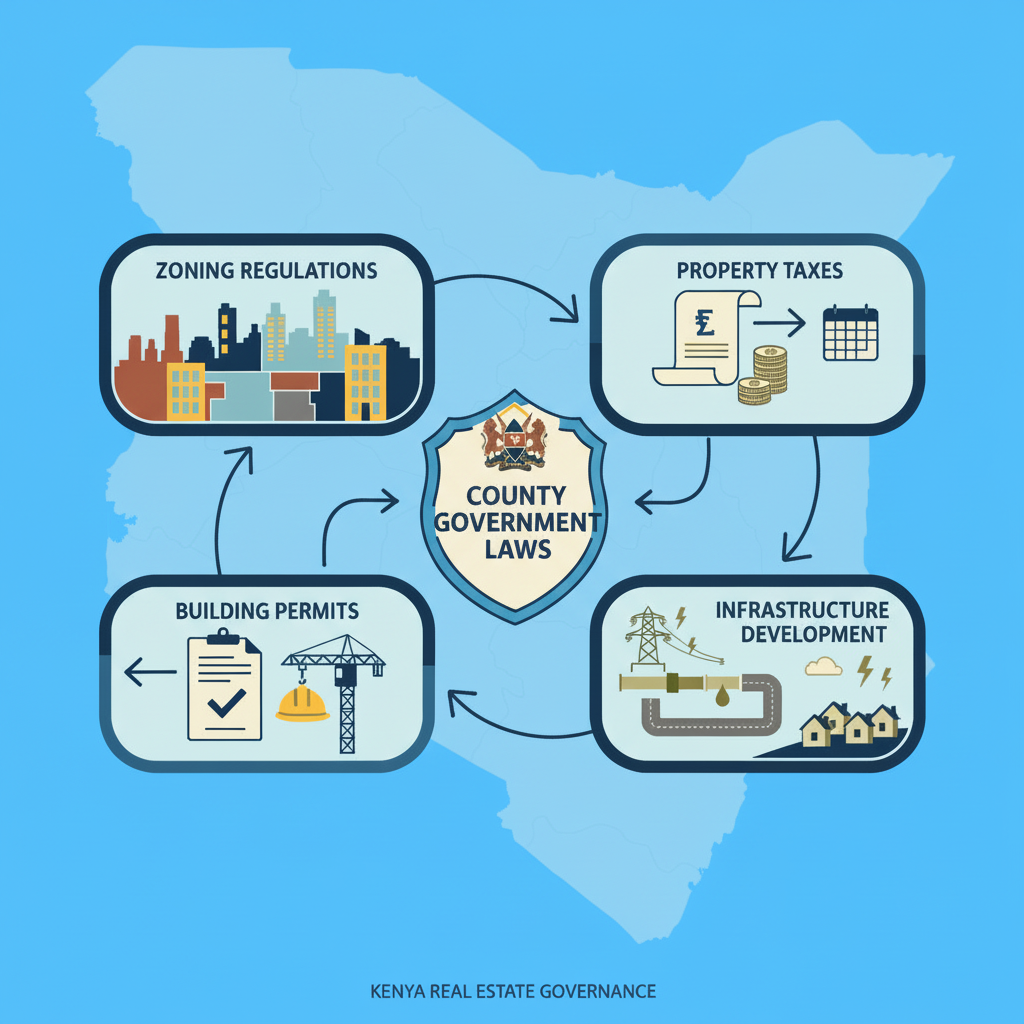Buying property is a big financial decision, regardless of whether it’s developed estate or undeveloped acreage. It is essential to involve a professional lawyer in land transactions due to their complexity and the increasing number of fraud charges related to them. In-depth discussions of the three phases of a land transaction in Kenya—the pre-contractual, contractual, and transfer of land stages—will be covered here.
The Pre-contractual Stage or Negotiation Stage
-
Negotiating Purchase Price
- A lawyer assists in negotiating the property’s purchase price by engaging a land valuer to ensure fairness and market value.
- Conducting due diligence on the property, including a site visit to identify potential disputes and acquiring information from adjoining landowners.
-
Due Diligence
- Retaining a land surveyor to confirm the land’s size matches the title deed
- Verifying the seller’s identity and obtaining copies of identification and ownership documents.
- Conducting an official search at the land registry to confirm ownership and check for any conflicting interests.
- Obtaining a survey map to confirm land boundaries and ensure it complies with regulations
The Contractual Stage
Once due diligence is complete, a lawyer facilitates the contractual agreement, ensuring the terms are clear and protective for both parties.
- Drafting a comprehensive agreement specifying the purchase price, deposit, payment terms, transfer duration, obligations, dispute resolution, and other pertinent details.
- Handling deposit payments, ensuring security through professional undertakings, and safeguarding both buyer and seller interests.
Transfer of Land Stage
Upon receiving original ownership documents, the lawyer proceeds with the land transfer, involving the following steps:
- Property valuation by a government valuer to calculate stamp duty based on the property’s location
- The buyer pays the assessed stamp duty costs, and the lawyer prepares transfer documents.
- Documents are signed and witnessed, and the lawyer manages the transfer process, ensuring compliance with legal and financial obligations.
- Submission of transfer forms and completion documents to the land registry for registration results in a new title issued in the buyer’s name.
- A final search confirms the successful transfer and the lawyer releases funds and documents accordingly.
Real Estate Lawyers: An Overview
Understanding the qualifications and responsibilities of real estate lawyers enhances the appreciation of their crucial role in property transactions.
-
Qualifications
- Real estate attorneys undergo rigorous education, including an undergraduate degree, law school, and bar exams.
- Ongoing education and specialization in real estate law ensure compliance with state-specific regulations.
-
Responsibilities
- Preparation and review of real estate documents, including purchase agreements, mortgage documents, and titles.
- Handling closings, ensuring legality, and facilitating smooth transactions.
- Resolving disputes, providing legal representation, and ensuring fair outcomes for all parties involved.
-
When to Hire
- While not mandatory for every transaction, hiring a real estate attorney is advisable to navigate the legal complexities.
- Some agencies and sellers may require their presence, and their expertise can prevent legal problems and delays.
How a Lawyer Can Help You
A lawyer’s assistance in a property transaction encompasses various critical aspects:
- Explaining the transaction process, including timelines and legal fees.
- Conducting due diligence, ensuring record accuracy, and resolving any disputes.
- Communicating with the other party and drafting necessary documents to protect client interests.
- Ensuring completion by handling necessary consents and clearances and facilitating the registration process.
- Conducting post-transaction activities, such as confirming property registration and advising on dispute resolution.
How to Choose a Kenyan Real Estate Lawyer
When choosing a Kenyan real estate lawyer, there are a few things you should consider:
- Experience: Look for a lawyer with extensive experience in real estate transactions. They should have a deep understanding of Kenyan real estate law and a track record of successful transactions.
- Communication: Choose a lawyer who communicates effectively and promptly. They should be responsive to your questions and keep you updated throughout the process.
- Fees: Make sure you understand the lawyer’s fee structure upfront. Some lawyers charge a flat fee for their services, while others charge an hourly rate. Ask for an estimate of the total cost of their services.
- Referrals: Ask for referrals from friends, family, or colleagues who have worked with real estate lawyers in the past. You can also check online reviews and ratings to get an idea of the lawyer’s reputation.
Conclusion
The role of a lawyer in a land transaction is indispensable. Their expertise ensures a legally sound, transparent, and secure process, minimizing risks and protecting the interests of both buyers and sellers. In the complex landscape of real estate, a qualified lawyer is an invaluable asset, providing guidance and safeguarding your investment.
In conclusion, whether you are a buyer or a seller, recognizing the pivotal role of a lawyer in a land transaction is key to a successful and secure real estate experience.






